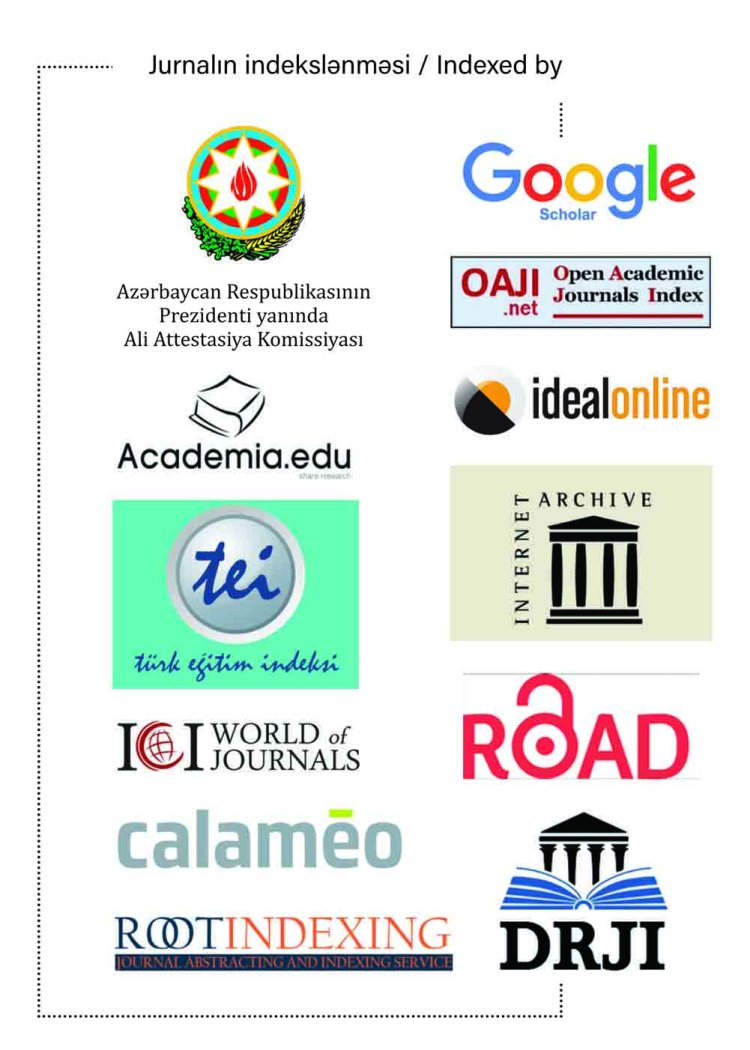PEDAGOGICAL AND PSYCHOLOGICAL BASES OF FEEDBACK IN EDUCATION
RAMİZ ALİYEV
In the new phase, in the context of pedagogical-psychological approaches to the educational program (curriculum), a demand-oriented feedback mechanism is created in teacher-student relations, which are formed by emotional effects. Conformity as a principle is not very popular in the modern school system. When relationships are structured according to demands, students' self-control, motivation, and sense of responsibility increase, and their ability to evaluate themselves and others improves. Also, considering that in a modern lesson, the quality of teaching depends on the learning outcomes of the students, and the level at which they acquire knowledge, skills, and habits, at this time, the assessment given to the student collective is evaluated as an assessment of the teacher themselves, this is determined by the teacher's ability to create feedback at the stage of intellectual development. The article focuses on these points, explains effective feedback methods and forms, discusses the main aspects of creating feedback in the teaching process, and the pedagogical-psychological solutions to the problem. Additionally, specific suggestions are given to increase students' interest in various subjects. Additionally, the article provides examples of these factors, which play a significant role in expanding the opportunities for mutual interaction between teachers and students.




